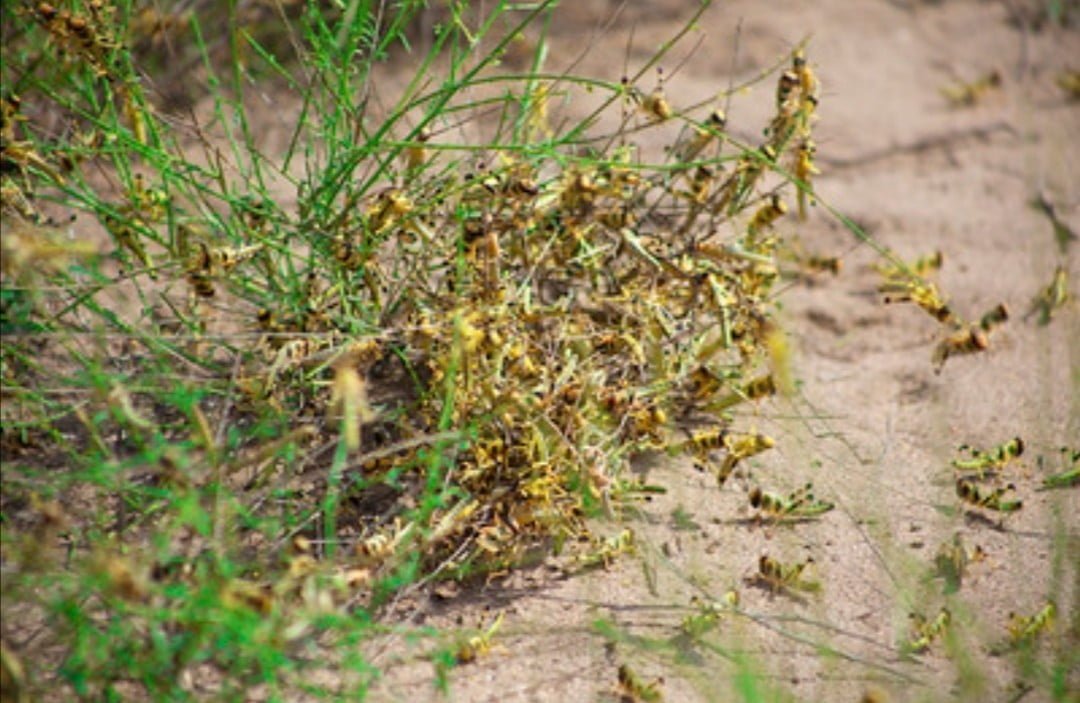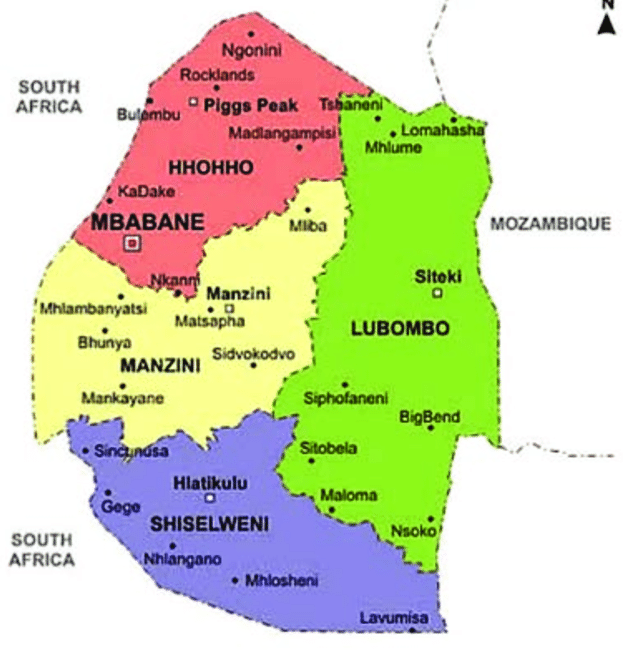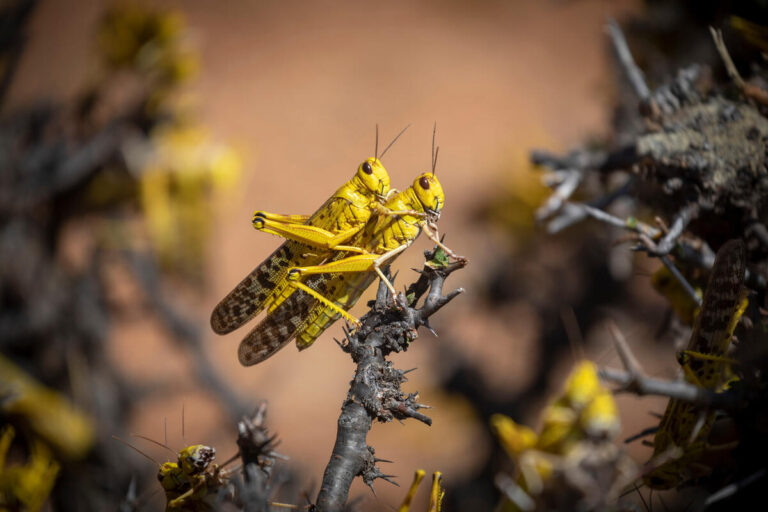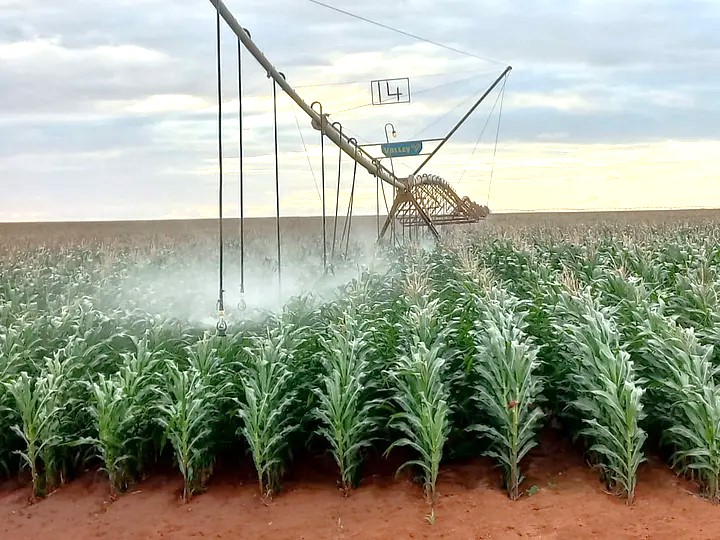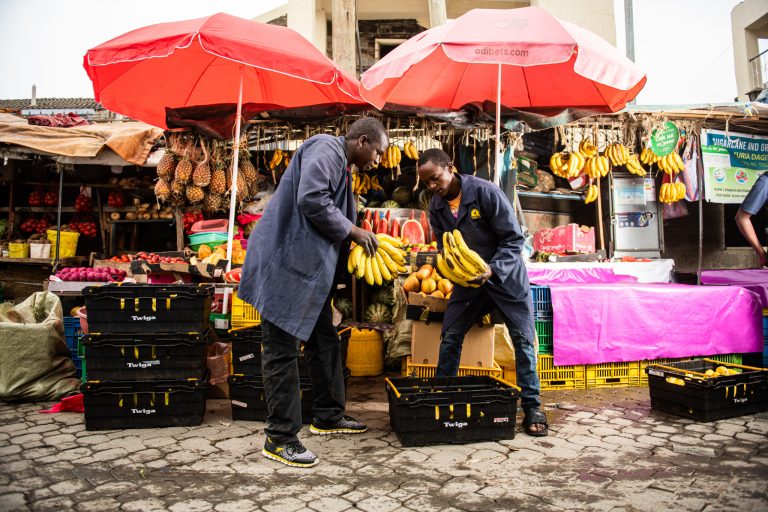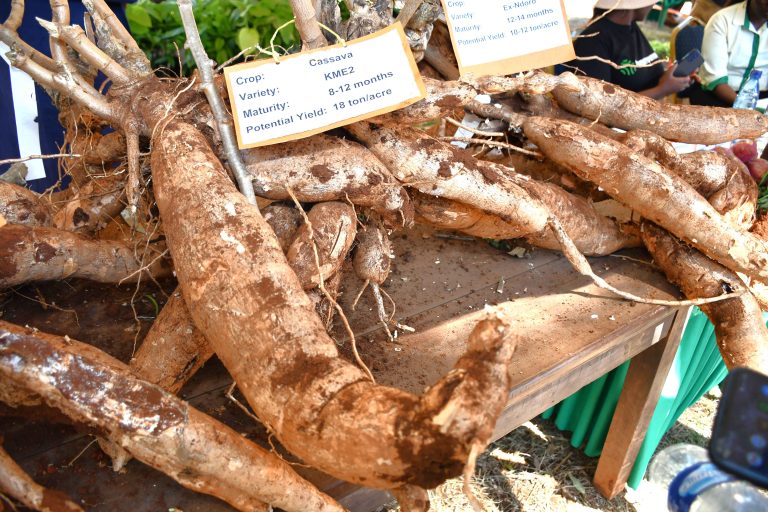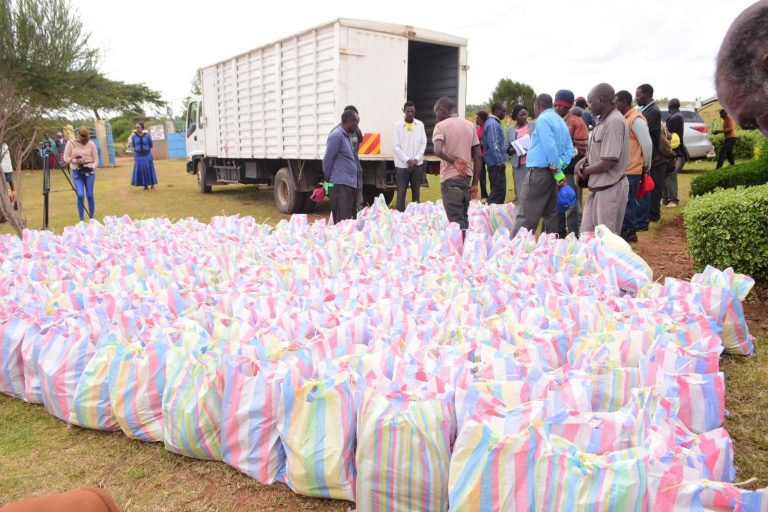FAO – Faster action needed
Food and Agriculture Organization (FAO) Director-General QU Dongyu has said that greater and faster action was needed to prevent a humanitarian crisis in East Africa as the Desert Locust upsurge was now affecting seven countries and threatened to spread even further.
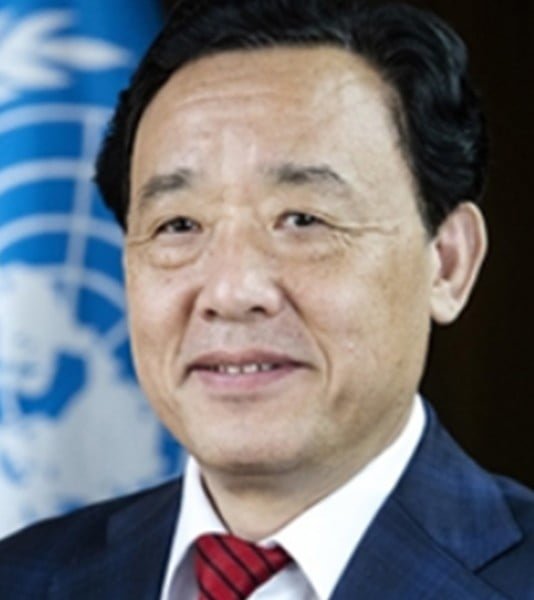
The Director-General was addressing donors and representatives from the affected countries at a joint meeting in New York with Mark Lowcock, the United Nations Under-Secretary-General for Humanitarian Affairs and Emergency Relief Coordinator.
Qu said the locust outbreak is the worst to strike Ethiopia and Somalia for 25 years and the worst infestation that Kenya has experienced in 70 years. Djibouti, and Eritrea are also affected, and since FAO’s initial appeal swarms have spread to the northern edges of Uganda and Tanzania.
The Director-General noted that FAO has so far received around $22 million of the $76 million requested to assist the five countries initially impacted. But he expected needs to increase amid concern that the outbreak will continue to spread to other countries.
“It is clear that already vulnerable populations could easily be pushed into a major humanitarian crisis unless we act fast to protect their livelihoods,” Qu said.
He thanked the EU, Germany, USAID, Belgium and the UN Central Emergency Response Fund for their aid contributions, as well as Sweden, Denmark, The Kingdom of Saudi Arabia,and Switzerland who have also provided donations.
The Desert Locust is considered the most destructive migratory pest in the world and a small swarm covering one square kilometer can eat the same amount of food in one day as 35,000 people.
Keith Cressman, FAO’s senior locust forecasting officer, told the briefing: “Locusts are a rolling crisis, we can’t eradicate them all at once but we have a very short window of time to act.”
Pasture and croplands have already suffered damage in Ethiopia, Kenya, Somalia,Djibouti and Eritrea and there are potentially severe consequences for the region where nearly 13 million people are coping with severe acute food insecurity and many rely on agriculture and livestock rearing for their survival.
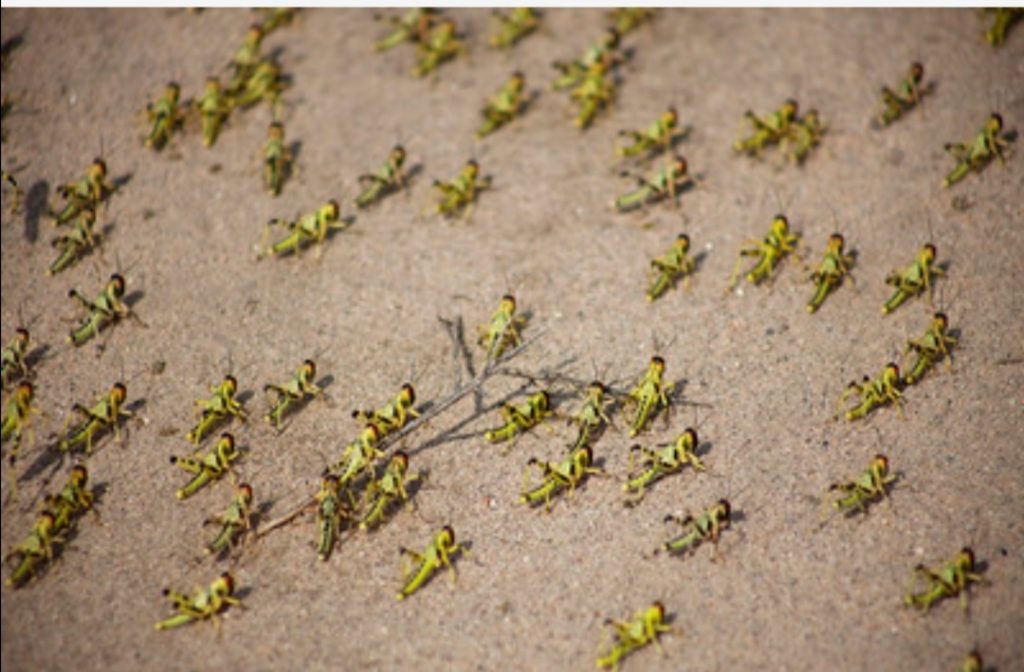
Qu said a further 20 million in the region are on the verge of slipping into acute food insecurity if the locusts continue to spread. Potential large-scale impact on crops and pasturelands in the region would have devastating consequences, not just for household production but regional food supplies and food markets, possibly sparking a food crisis.
“I fully support implementing anticipatory action to safeguard the livelihoods of affected and at risk populations and also building resilience in communities to prevent potential crises,” the Director-General said.
The Director-General said FAO is helping governments and other partners with monitoring and surveillance and coordination assistance during control operations.
FAO is also preparing to take action to protect rural livelihoods by providing affected growers with farming packages, veterinary care to pastoralists’ vegetation-starved livestock, and channeling cash to families who have lost their crops so that they can purchase food.
He thanked the UN Office for the Coordination of Humanitarian Affairs and stressed that FAO was working with the World Food Programme to assess food security and potential needs.
“We want to break the small silos to have even better co-operation,” Qu told the briefing.
FAO’s Desert Locust Information Service says the situation is extremely alarming and will be further exacerbated by new infestations expected in early April of this year. A new generation of locusts is expected to hatch in February and with new swarms expected in early April that would coincide with the next season of planting.
At that time, the seasonal winds will have shifted to the north, which is likely to allow the newly formed swarms in Kenya to reinvade Ethiopia and Somalia as well as to migrate to new areas of South Sudan and Sudan.
Qu said FAO and other UN agencies were ‘’deeply concerned” and there is a real need to scale up to make sure we contain the Desert Locust now and facilitate food production during the upcoming season and avert a humanitarian crisis. He said FAO’s new Hand-in-Hand initiative was a positive way to create concrete partnerships that would match donors and recipients in the world’s most vulnerable countries.


